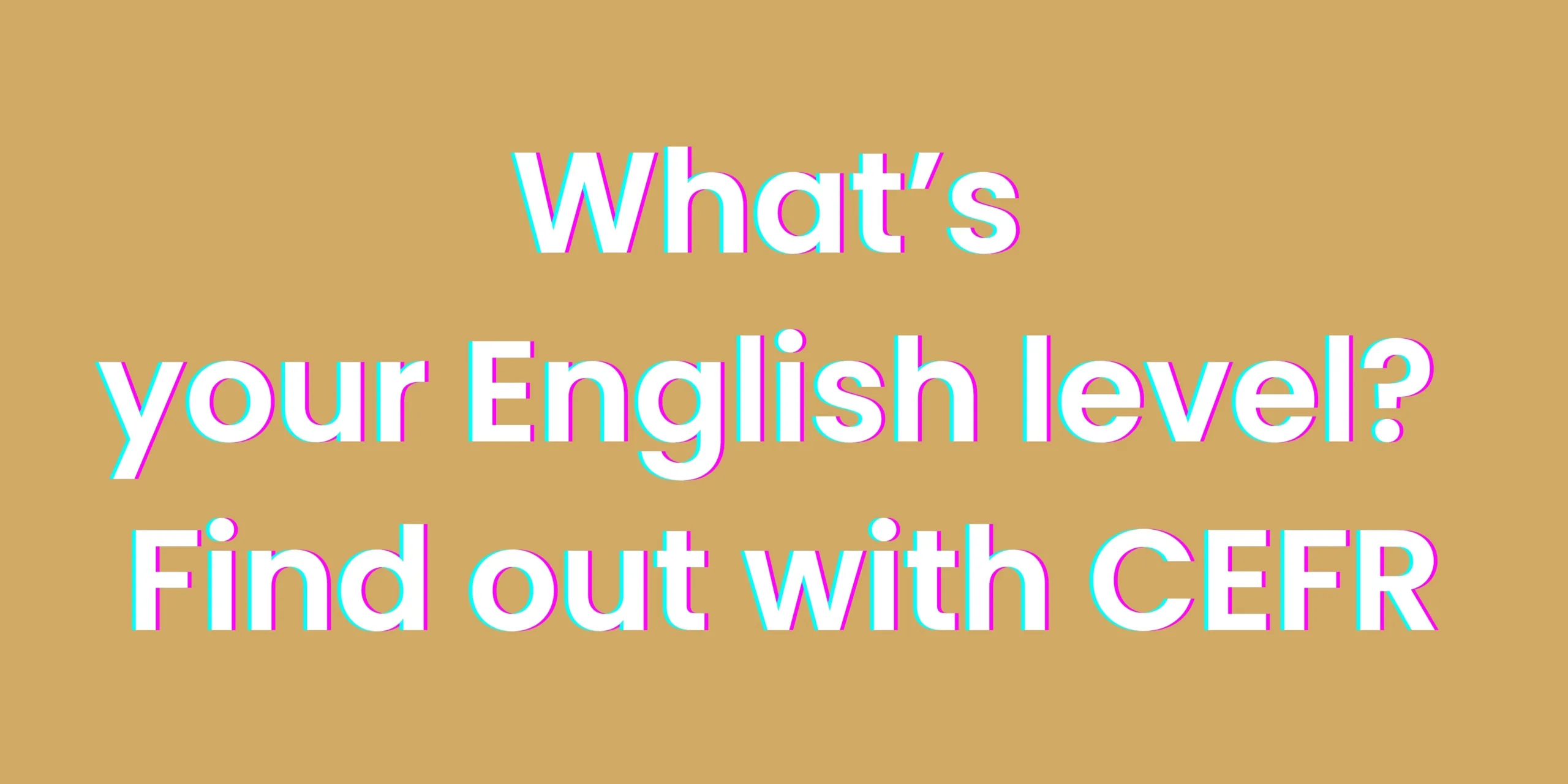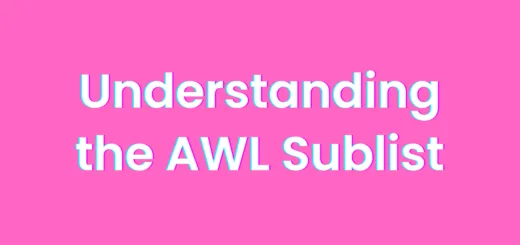What’s your English level? Find out with CEFR.

What is your English level?
The levels of English proficiency are generally based on an international standard known as CEFR (Common European Framework of Reference for Languages). It is divided into six levels, from A1 to C2, with the following definitions:
A1: Beginner
Basic ability to understand and use simple expressions in English.
What You Can Do
- Can greet people and introduce themselves.
- Can understand simple words and phrases related to immediate needs.
- Can comprehend very slow and clear speech.
Examples
- “Hello, my name is John.”
- “I like apples.”
A2: Elementary
Able to use basic English for everyday situations.
What You Can Do
- Can handle simple tasks in shops, restaurants, etc.
- Can talk briefly about themselves, their family, and hobbies.
- Can read short texts and write simple notes or messages.
Examples
- “I want to buy a ticket to London.”
- “Where is the nearest bus stop?”
B1: Pre-intermediate
Basic English skills sufficient for daily life.
What You Can Do
- Can manage simple conversations while traveling or at work.
- Can explain experiences and opinions in simple terms.
- Can understand the main ideas of news or short articles.
Examples
- “I have been to Paris twice.”
- “Could you explain how to use this software?”
B2: Intermediate
Confident in using English for a wider range of topics.
What You Can Do
- Can discuss professional or abstract topics.
- Can read longer texts and understand details.
- Can write persuasive essays or reports.
Examples
- “The film explores themes of identity and belonging.”
- “I disagree with that point because…”
C1: Upper-intermediate
Fluent and confident in complex discussions.
What You Can Do
- Can participate in high-level discussions and lead debates.
- Can comprehend complex texts and summarize key points.
- Can write well-structured essays on complex topics.
Examples
- “The author’s use of metaphor is particularly effective in conveying the theme.”
- “Could you elaborate on your proposal?”
C2: Advanced
Near-native proficiency, capable of handling any situation in English.
What You Can Do
- Can immediately understand any topic and speak fluently.
- Can fully comprehend literary works and technical texts.
- Can write sophisticated presentations and papers.
Examples
- “The intricacies of the argument reveal a deep understanding of sociopolitical dynamics.”
- “Her speech was a masterclass in rhetoric.”
Practical Uses of CEFR Levels
IELTS Score Correlation
- A1: IELTS 2.0–3.0
- A2: IELTS 3.0–4.0
- B1: IELTS 4.0–5.0
- B2: IELTS 5.5–6.5
- C1: IELTS 7.0–8.0
- C2: IELTS 8.5–9.0
Estimated Vocabulary Size
- A1: About 500 words
- A2: About 1,000 words
- B1: About 2,000–3,000 words
- B2: About 4,000–6,000 words
- C1: About 8,000 words or more
- C2: 10,000 words or more





